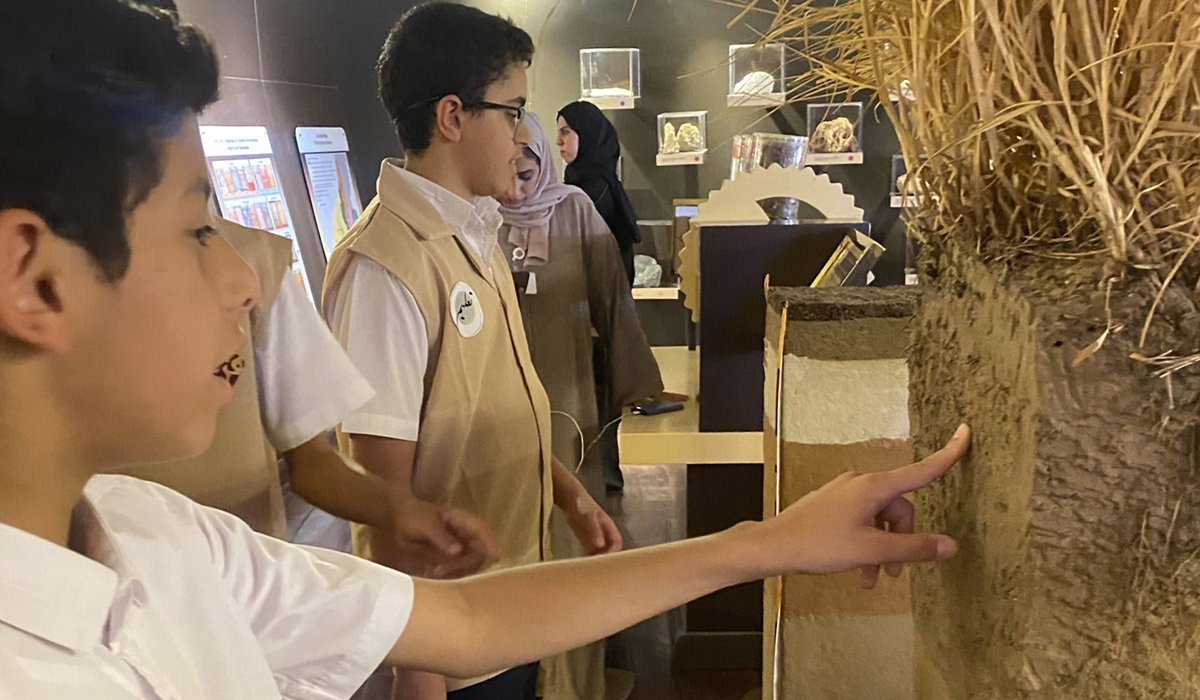Students delve into the essential chemical components of soil that directly influence plant growth, such as pH levels, nutrient availability, and organic matter content. They will gain insights into how nitrogen and carbon cycles contribute to the fertility and sustainability of soil ecosystems. Through this exploration, students will develop a comprehensive understanding of soil characteristics, enabling them to identify and manage different types of soil effectively to optimize plant growth and maintain soil health.
By the end of this workshop, students will have a comprehensive understanding of the essential chemical properties of soil, including pH levels, nutrient availability, and organic matter, and their direct influence on plant growth. They will gain insights into the nitrogen and carbon cycles and how they contribute to soil fertility and sustainability. Through hands-on activities such as pH testing, soil texture analysis, and nutrient assessment, students will develop practical skills, particularly in desert environments, and the importance of soil health in agriculture and ecosystems.
1. Guided tour of the Emirates Soil Museum: students go on a guided tour of the Emirates Soil Museum to explore a rich collection of soil samples from across the UAE. The tour introduces the students to the fascinating world of soil science, offering insights into the history, composition, and significance of various soil types. They will learn about the critical role soils play in our ecosystems, their importance in agriculture, and the ongoing research that aims to preserve and enhance soil health for future generations.
2. Guided tour of the Desert Farm: students learn about the challenges and innovations in desert farming. This tour provides an up-close look at sustainable farming practices in arid environments. Students will learn about strategies and techniques employed to conserve water, enhance soil fertility, and produce crops in one of the world’s most challenging climates.
3. Soil Properties:
- pH testing: determine the acidity or alkalinity of your soil.
- Color categorization: classify your soil based on its color, which can reveal important information about its composition.
- Soil texture analysis: identify the texture of your soil by examining the proportions of sand, silt, and clay.
- Soil salinity assessment: measure the salt content of your soil to understand its suitability for various plants.
- Soil nutrient testing (NPK): evaluate the levels of nitrogen, phosphorus, and potassium in your soil to determine its fertility.
- Soil science
- Soil characteristics and management
- Soil pH
- NPK (Nitrogen, Phosphorus, Potassium) testing
- Soil salinization
- Nutrient availability
- Soil fertility and sustainability
- Soil erosion
- Roles of soils in ecosystems and agriculture
- 70 AED per participant
- Minimum 10 participants
- Age 12+
- 3 hours



